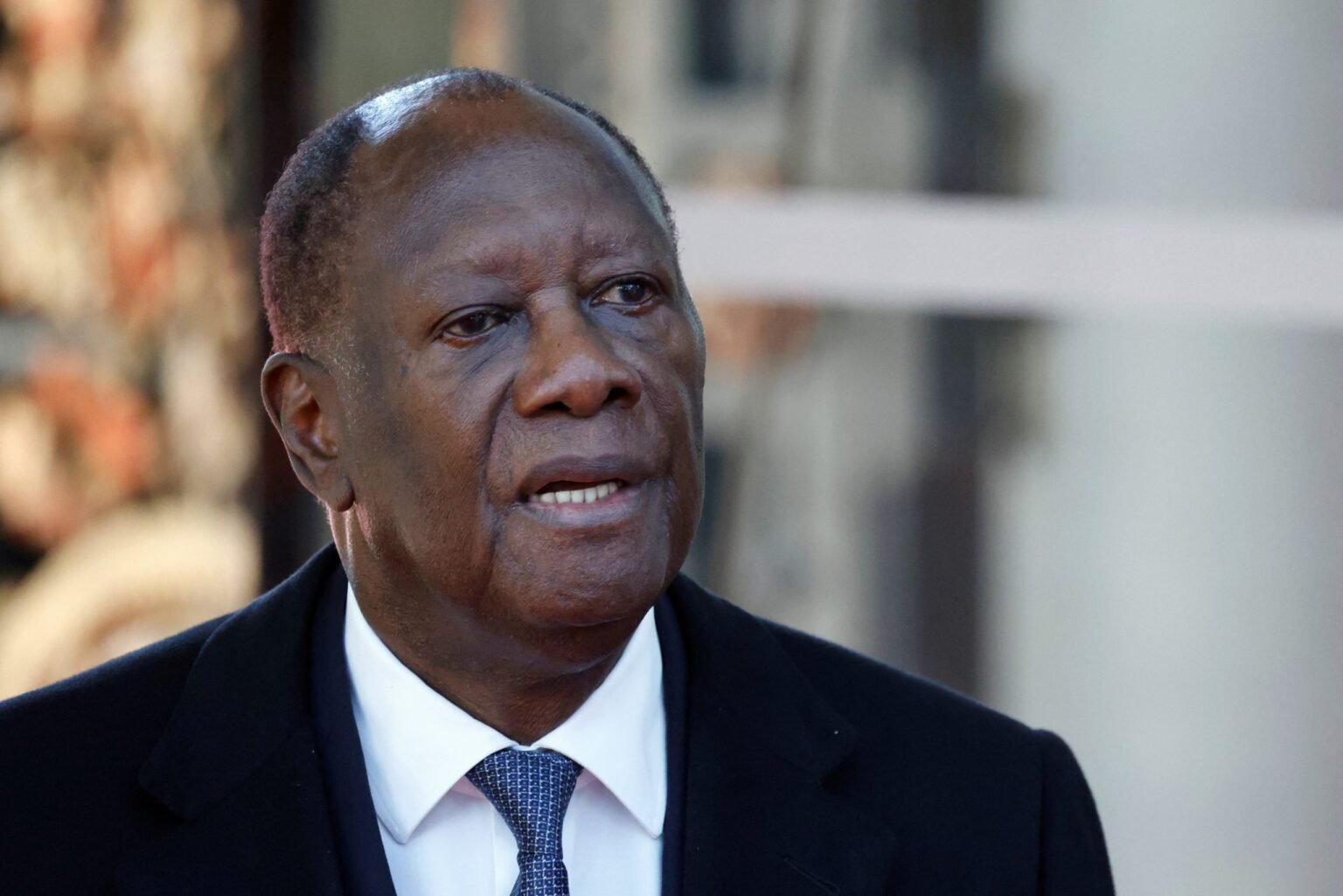Ivory Coast President Alassane Ouattara has announced his candidacy for a fourth term in the October 25 election. This decision comes amid growing tensions due to the exclusion of prominent opposition candidates.
At 83, Ouattara has been leading Ivory Coast since 2011. His nomination by the ruling Rally of Houphouetists for Democracy and Peace (RHDP) party was previously confirmed, but he had not yet officially confirmed his participation in the election.
The announcement has heightened tensions in the country, particularly with many opposition candidates being excluded from the electoral process. The situation sets the stage for a potentially contentious election in Ivory Coast.
“I am a candidate because the constitution of our country allows me to run for another term and my health permits it,” he said, adding that the world’s top cocoa producer was “facing unprecedented security, economic, and monetary challenges, the management of which requires experience”.
Critics of Ouattara accuse him of tightening his grip on power and strongly oppose him running again.
The opposition has accused the authorities of choosing their opponents by legal means, but the government insists the judiciary acts independently.
The two main opposition parties have launched a joint campaign to demand the reinstatement of their barred leaders ahead of the presidential election.
This alliance brings together the African People’s Party of Ivory Coast (PPACI) — led by former president Laurent Gbagbo — and the Democratic Party of Ivory Coast (PDCI), the country’s largest opposition force, headed by former international banker Tidjane Thiam.
Gbagbo, his former right-hand man Charles Ble Goude and ex-prime minister Guillaume Soro have been struck from the electoral register due to criminal convictions.
Thiam was also excluded by the judiciary over nationality issues.
